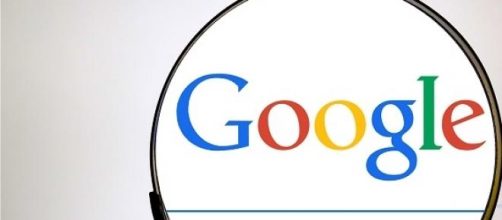After years (four, going on five) of hand-wringing and buckets of ink spilled on Google's staring match with EU regulators, things have come to a head today. EU regulators have slammed the U.S. tech giant, after digital czar Günther Oettinger warned something like this was in the offing, back in February. The antitrust case against Google is now focused on its shopping branch that allegedly violates best practices by tapping into its Search monopoly to relegate would-be competitive services to the backwoods of search pages.
Google had already sent out a blast message to its employees, advising them not to comment about the upcoming ruling, and also assuring them that the company would gladly take the opportunity to put forth its point of view on the charges before the European Commission.
After the EU body issued their Statement of Objection, Amit Singhal, senior vice president of Google Search, wrote a blog post to that effect, pointing out, with attendant visual aids, that the so-called monopoly isn't borne out by the numbers.
Google might want to invoke their own right to be forgotten already!
Either way, the U.S. tech company is coming under fire and we all know it's to do with Europeans' data privacy hang-ups more than anything else. The previous EU ruling, which enfranchises Europeans from the embarrassment of having their dirty laundry aired online - Right to Be Forgotten for short - is still giving Google sifter staff plenty of headaches, not to mention dealing a blow to digital publishers' SEO.
This new turn of events adds insult to injury.
And the kicker is, the EU is also going after Google's Android OS, for making use of its competitive advantage and nipping other developers' apps in the bud. After receiving two complaints about the Google apps that come bundled with the Android OS on devices running it, Europe's regulators have decided to look into the matter. They'll be focusing on what Google supposedly demands of mobile device manufacturers - that Google apps be the only pre-installed apps on them - on how it goes about prioritising its services over its competitors' by tacking them on as well; and on forbidding manufacturers from using other OS offshoots of Android.
So is Google really too cheeky in availing itself of its position - and its strangle-hold on the smartphone market (just shy of 84% at last count)? Or are EU regulators just out of step with the times? One thing's for sure: I'll be waiting to see how this shakes out, with bated breath and a healthy dose of skepticism.

